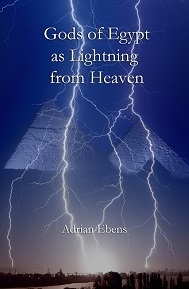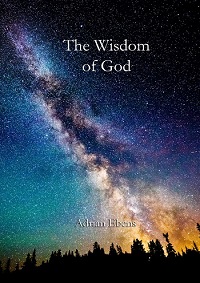Pantheism, Panentheism and J.H. Kellogg
While it is quite clear among Adventists that the Alpha of apostasy was the pantheism which Kellogg fell into and was taught in his book "The Living Temple"; what is not as well known is that his views on the Trinity ultimately influenced his position, as this 1903 letter from A.G. Daniells to Willie White demonstrates:
" . . . I had a long conversation with him about the book. He then told me that . . . some days before coming to the council, he had been thinking the matter over, and began to see that he had made a slight mistake in expressing his views. He felt sure that he believed just what the Testimonies teach, and what Dr. Waggoner and Elder Jones have taught for years; but he had come to believe that none had expressed the matter in correct form. He then stated that his former views regarding the trinity had stood in his way of making a clear and absolutely correct statement; but that within a short time he had come to believe in the trinity, and could now see pretty well where all the difficulty was, and believed that he could clear the matter up satisfactorily. He told me that he now believed in God the Father, God the Son, and God the Holy Ghost; and his view was that it was God the Holy Ghost, and not God the Father, that filled all space. and every living thing."[1]
Pantheism teaches that all (pan) is God (theos). Panentheism teaches that all (pan) is in (en) God (theos). The mystery religions were by nature panentheist; as they specifically taught that the Holy Spirit of God (which was called the psuche or World-Soul in the Greek trinity) is the creating force of God which is in all men - who aspire to Godhead by the process of imitation. (Or a works-based religion.) The Catholic doctrine of the Trinity is derived from the Greek conception of the panentheist God, in which the World-Soul enervates all living things. When Kellogg embraced the Trinity, he switched from the obvious errors of pantheism to the less obvious errors of panentheism - as found within Trinitarian doctrine. When seen in this light, it soon becomes apparent why the Trinity is the Omega of apostasy.





